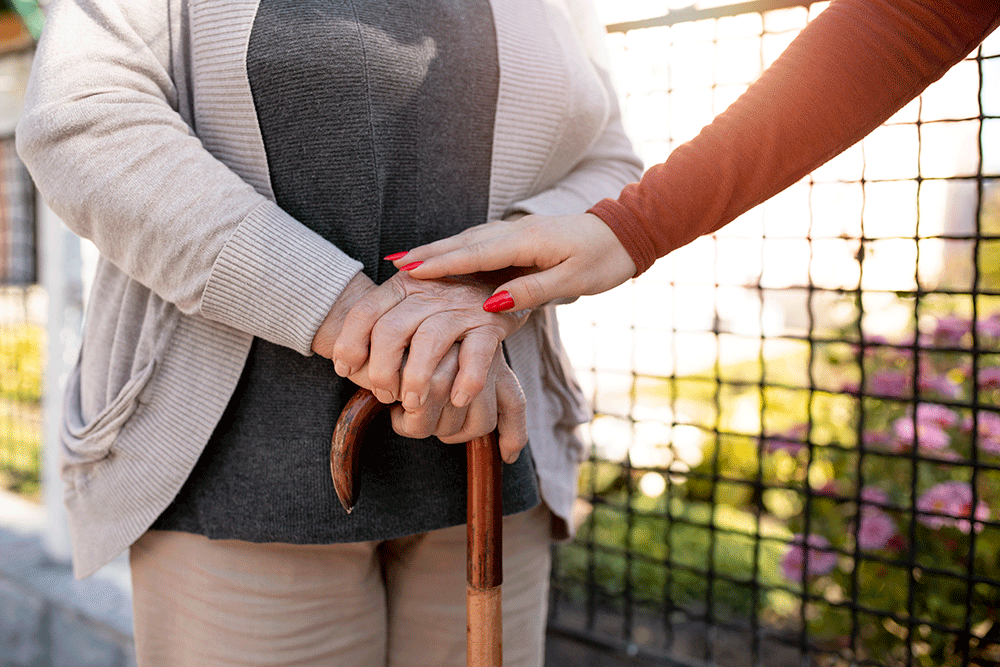As we age, maintaining independence and a high quality of life becomes increasingly important. For many seniors, daily activities that were once simple can become challenging due to physical limitations, chronic conditions, or cognitive changes. This is where occupational therapy (OT) steps in, offering tailored interventions to help seniors live their lives to the fullest.
What is Occupational Therapy?
Occupational therapy is a specialized field focused on enabling individuals to engage in meaningful activities, or “occupations,” despite physical, mental, or cognitive limitations. For seniors, OT can make a significant difference in performing daily tasks, ensuring safety, and improving overall well-being.
How Occupational Therapy Benefits Seniors
- Improved Daily Living Skills: Occupational therapists work with seniors to enhance their ability to perform everyday activities, such as dressing, bathing, cooking, and cleaning. By using adaptive techniques and tools, OTs help seniors maintain their independence.
- Fall Prevention: Falls are a major concern for older adults. OTs assess home environments and recommend modifications, such as grab bars, non-slip mats, and proper lighting, to reduce the risk of falls. They also provide balance and strength training exercises to improve stability.
- Pain Management: Chronic pain can severely impact a senior’s quality of life. Occupational therapists use various techniques, including manual therapy, ergonomic adjustments, and energy conservation strategies, to help manage pain and enhance comfort.
- Cognitive Support: Cognitive decline can affect memory, problem-solving, and decision-making. OTs provide cognitive rehabilitation exercises and strategies to improve cognitive function and compensate for deficits, helping seniors stay engaged and mentally active.
- Social Engagement: Loneliness and social isolation are common among seniors. Occupational therapy encourages participation in social activities and hobbies, which can improve mental health and emotional well-being.
- Adaptation to Physical Changes: Age-related physical changes, such as arthritis or vision loss, can make daily tasks difficult. OTs help seniors adapt by recommending assistive devices and teaching alternative methods to perform tasks safely and efficiently.
Case Study: Mrs. Johnson’s Journey to Independence
Mrs. Johnson, a 78-year-old widow, found herself struggling with daily tasks due to arthritis and mild cognitive decline. She was referred to an occupational therapist, who conducted a thorough assessment and developed a personalized intervention plan.
The therapist introduced Mrs. Johnson to adaptive tools for cooking and dressing, recommended home modifications to prevent falls, and provided exercises to improve her hand strength and cognitive function. Over time, Mrs. Johnson regained her confidence and independence, allowing her to enjoy her hobbies and maintain a fulfilling lifestyle.
Occupational therapy plays a crucial role in enhancing the quality of life for seniors. By addressing physical, cognitive, and emotional challenges, OTs empower seniors to live independently and safely. At Alton Physical Therapy, we provide comprehensive occupational therapy services tailored to the unique needs of each senior.
If you or a loved one could benefit from occupational therapy, contact us today to schedule an assessment. Let us help you or your loved one’s live life to the fullest!




